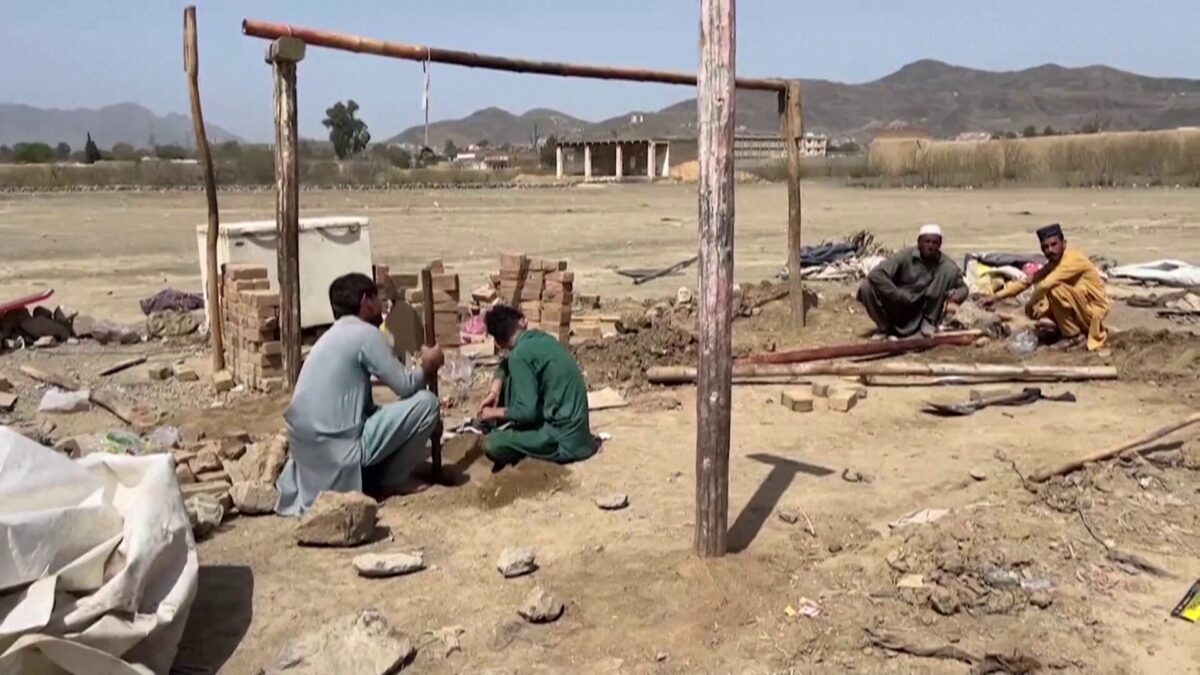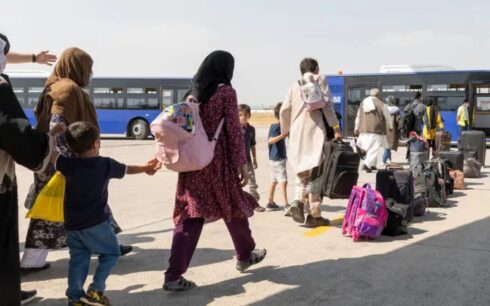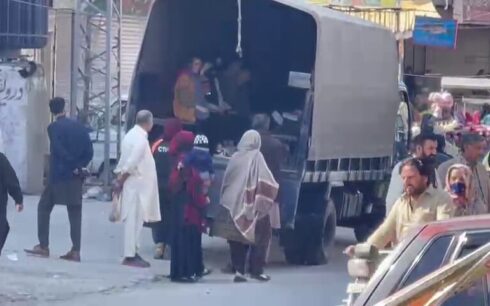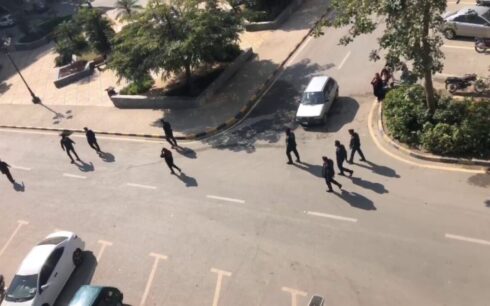ISLAMABAD, Pakistan — As Pakistan prepares to resume mass deportations of Afghan refugees, many of whom have lived in the country for decades, families facing expulsion say they are being cast out of the only home they have ever known.
The government had set March 31 as the deadline for Afghan Citizen Card (ACC) holders and undocumented migrants to leave voluntarily. Deportations were expected to begin on April 1 but were briefly delayed due to the Eid al-Fitr holidays. Authorities now plan to restart removals in the coming days.
The Interior Ministry has framed the expulsions as part of a broader national security campaign against “illegal foreigners,” though rights groups and refugee advocates say the crackdown violates international protections and risks tearing apart long-settled communities.
“This is unfair,” said Painda Khan, an Afghan refugee awaiting removal at a relocation center near Islamabad. “We were born here. We have lived our whole lives in Pakistan, gone to school here, worked here. Now we’re told we don’t belong.”
Khan is among thousands of Afghans relocated to camps near the border ahead of deportation. He, like many others, worries that returning to Afghanistan—a country he barely knows—will leave him without support, safety or opportunity.
Others say the forced returns will derail the futures of Afghan students and children. “I’m in ninth grade and my exams are next week,” said Irfan, a teenager. “If I’m deported, I lose everything—my school, my dreams. Why should I pay the price for being born a refugee?”
Pakistan has long hosted one of the world’s largest refugee populations, including millions of Afghans who fled conflict over the past four decades. But in recent months, Islamabad has accelerated removals, citing rising insecurity and blaming Afghan nationals for a series of militant attacks—a charge Kabul has denied.
According to the United Nations, more than 800,000 Afghans have returned to their country since late 2023, while nearly 2.8 million remain in Pakistan. That figure includes around 1.3 million people registered under Pakistan’s Proof of Registration (PoR) program and over 800,000 ACC holders.
It remains unclear whether PoR holders will be affected in this latest phase, though authorities have said all unauthorized foreign residents will eventually be required to leave.
Ajmal Khan, another refugee facing removal, said deportation would sever his family from everything familiar. “If we go to Afghanistan, we’ll be strangers,” he said. “We don’t have homes there. Our children were born here. This is the only country they know.”
The crackdown has drawn international criticism. Human rights groups have urged Pakistan to halt the deportations, warning that many returnees face persecution under Taliban rule or extreme hardship in a country crippled by economic collapse.
Many Afghans at risk of deportation are also awaiting resettlement in the United States and Europe, having worked with Western governments, aid agencies, or civil society organizations after the Taliban seized power in 2021. Yet tens of thousands remain stranded, stuck in bureaucratic limbo as deportations accelerate.
“The world asked these people to stand for human rights, democracy, and freedom,” said a humanitarian worker in Islamabad. “Now, many of them are being sent back to face danger alone.”
For families like Khan’s, the fear is not just of deportation—it is of erasure. “We are not illegal,” he said. “We are people. And we’re being asked to disappear.”




